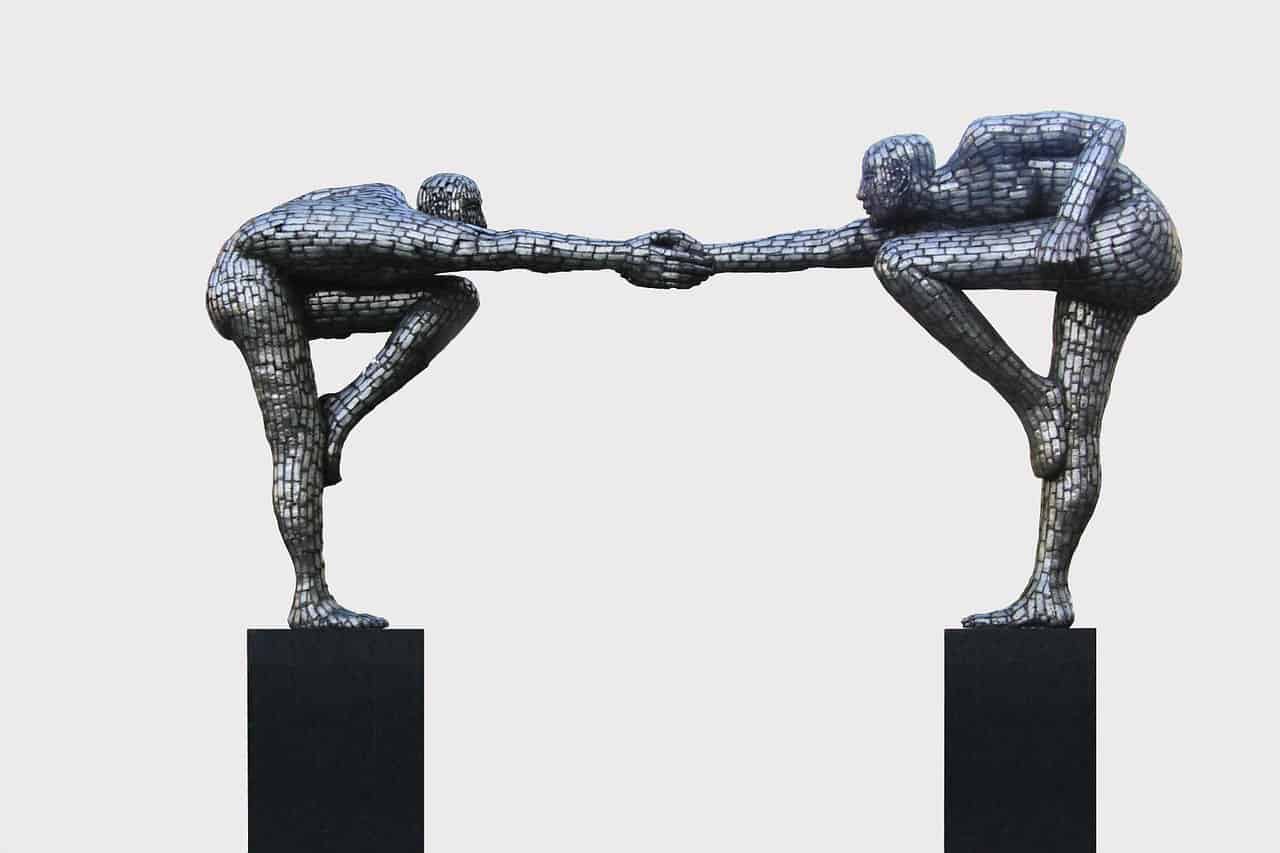
On a recent podcast with Brené Brown, (now) President-elect Joe Biden said that the leaders he’s admired over the years are those who lead with empathy and vulnerability.
“Leadership, at its core, in my view, is about being personal … You always put yourself in the other person’s position, and then also to understand where they’re coming from, whether it’s a major foreign leader or a friend who you have a disagreement with.”
“How do we unify the country?” he continued. “Start off by thinking how you treat other people.”
Indeed, empathy seems like an excellent place to start. With that in mind, we gathered some of our favorite resources on what empathy looks like, how it’s nurtured, and what changes it makes possible. We hope these inspire you to kindle empathy in your own life, whether in your leadership roles or in your daily discipleship.
Can Empathy Change the World? by Belinda Bauman and Natalie Salminen Rude examines empathy as a pathway to change: “For too long, we’ve dismissed empathy as irrelevant or contradictory to faith when in fact it’s an essential biblical concept that offers us a gateway to the change we seek.”
How Are Christians to Respond to an Addicted Nation? looks at a book by a recovering addict that argues that until we move away from a moral model of addiction, away from the shame and stigma connected to addiction, we will never make progress in overcoming a disease that is decimating our communities—and empathy lies at the center of that movement in the right direction.
Both Loving LGBT People Well: 12 Suggestions for Traditional Churches by Lindsey and Sarah and I’m Going With Crazy by Tim Timmerman address ways in which the church can—and must—treat sexual and gender minorities with the dignity and respect all God’s children deserve.
Peacemaking: “When Someone Forgives You Who Shouldn’t” by Kristyn Komarnicki is an interview with Teya Sepinuck, founder and artistic director of Theater of Witness, whose work in Northern Ireland reveals that empathy is at the heart of unity.
How Silent Prayer Can Help Us Speak and Act by Ed Cyzewski explores how regular silence before God can help us withdraw from the noise in our own minds and embrace both the struggles and aspirations of others.
Poverty, Wealth, and Having the Right Feelings by Alex Pabellon examines the research on barriers to empathy and asks, “Do people who live in constant comfort have fundamental, even neurobiological challenges empathizing with those who don’t?”
What Love Requires by Sharon Delgado talks about how empathy involves an experiential change (a change of attitude and an increase of love) and explores how that relates to our response to the climate crisis.
Compassion on the Labor Ward by Rachel Marie Stone shows how empathetic connection with a person in pain “undoes that world-contracting isolation that is pain’s essence.” Given the isolation the COVID-19 pandemic has wrought, how might you connect in empathy with someone today—perhaps someone from a different political position, race, sexuality, gender, economic class, nationality, or faith?


